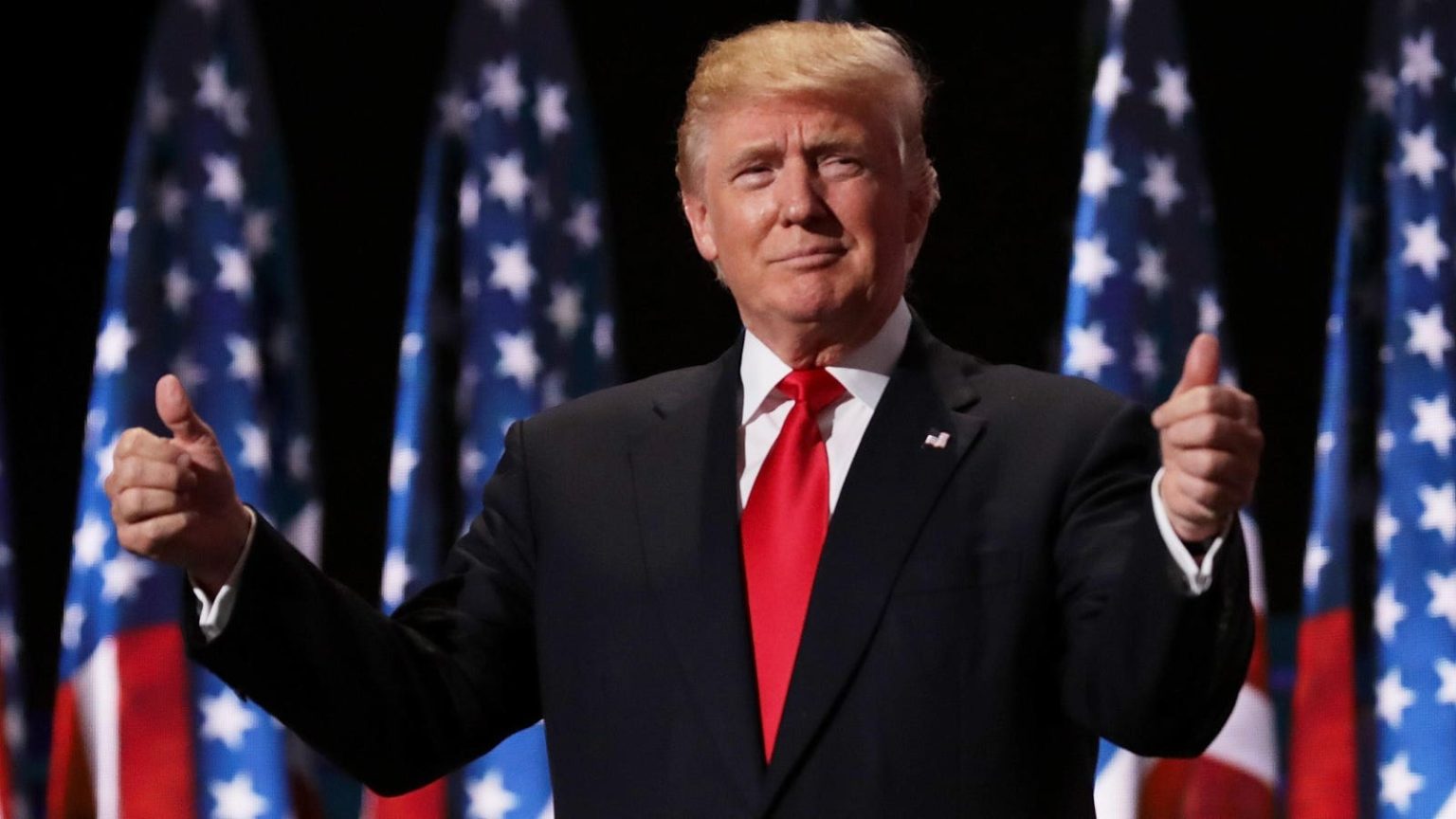The global stock market rally has been attributed to the decline of inflation rates to levels not seen in over thirty years. Inflation is considered a tax on money, wealth creation, income, and work effort, and low inflation acts as a tax cut, enhancing the value of financial assets and rewarding patient savers and investors. Larry Kudlow, former head of Donald Trump’s National Economic Council, emphasized the importance of low inflation in stimulating capital formation, new business start-ups, and economic growth.
During Bill Clinton’s presidency, his economic policies were influenced by conservative ideals, such as welfare reform, capital gains tax cuts, and a shift towards smaller government. One key move made by Clinton was appointing Robert Rubin as Treasury Secretary, who advocated for a strong dollar as being in the best interests of the American people. The stability of the dollar under Rubin’s leadership signaled to the markets that the U.S. Treasury supported a strong and stable currency, which in turn encouraged capital formation and investment in future wealth creation.
Contrary to popular belief, dollar devaluation is not a viable solution to making U.S. goods more competitive overseas. The idea that a weak currency would make exports cheaper is flawed, as many inputs used in U.S. products are sourced globally and a weaker dollar would inflate the cost of these inputs. Additionally, devaluing the dollar would discourage investment in innovative production processes that enable the creation of more goods at a lower cost, ultimately hindering global competitiveness.
Recent reports suggest that Donald Trump plans to pursue dollar devaluation if he returns to office, a policy that has historically been proven ineffective. Devaluing the dollar would lead to higher transportation costs due to the price of oil being denominated in dollars, further harming the competitiveness of U.S. goods in the global market. Supply siders like Kudlow have long argued that devaluing the dollar is not a sustainable path to economic prosperity, and it is crucial for influential voices in the Trump administration to dissuade him from implementing such a detrimental policy.
It is essential to remember that the American people earn dollars, and any policy that weakens the currency ultimately hurts their purchasing power. Supply siders advocate for pro-growth policies that encourage investment and capital formation, which are key drivers of economic success. By focusing on strengthening the dollar and maintaining stability in financial markets, policymakers can support long-term economic growth and prosperity for all Americans.















